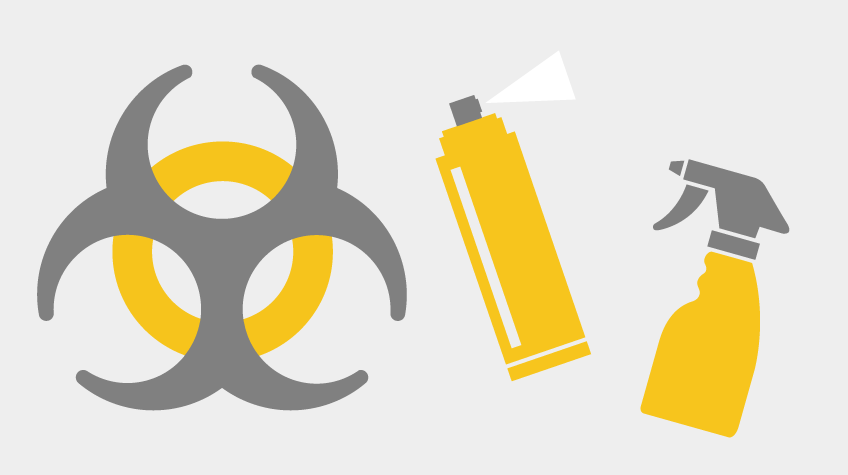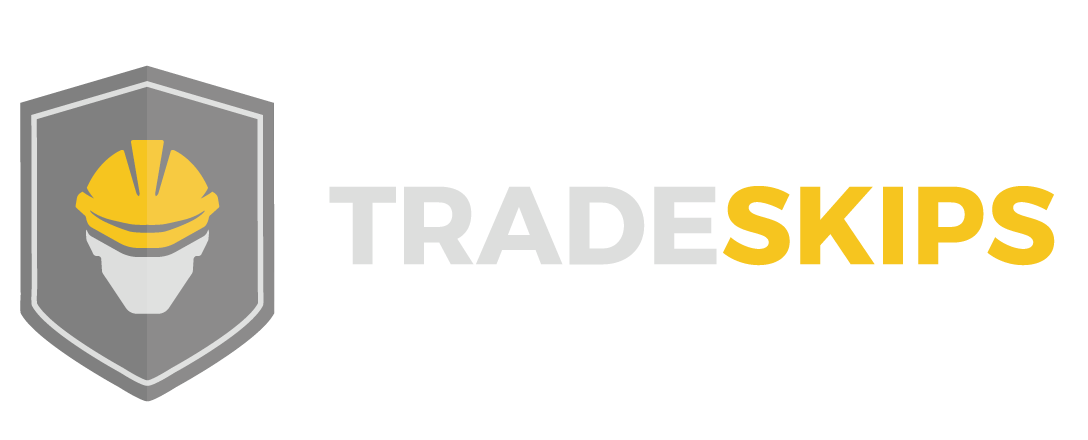
Getting to Grips With Hazardous Waste
At Trade Skips we know that the topic of hazardous waste is surrounded by plenty of myths, misconceptions and misunderstandings. Unfortunately all too many people are unaware of just what hazardous waste is, and even less aware of just what should be done with it.
In this post we provide clear cut definitions of hazardous waste and explanations as to what should be done with it, bringing you up to date with all the rules and regulations.
Just what is deemed as ‘hazardous waste’?
There are three groups of hazardous waste, known as the K list, the F list and the U & P List. Here’s a quick summary of what types of items and materials are in each.
K list: This contains waste that is generated from industrial sectors, such as petroleum refining and pesticide manufacturing;
F-list: This group includes certain waste materials that are generated from industrial and manufacturing activities;
U-list and P-list: This list includes chemical products which are treated as hazardous wastes primarily when they are not disposed of properly.
It is the last two lists (U-list and P-list) that homeowners and private individuals should be concerned with. Common household items within this list will include paint, CO2 spray cans, oven cleaner, paint thinner, bleaches, garden pesticides and any other item that is marked as toxic.
Asbestos
Asbestos is a material that all too many pre 1990 property owners will be aware of. This material was in wide use at one point for everything from insulation to ceilings. Unfortunately it has since been the cause of many cancer related diseases owing to its structure and the fact that the particles from it can ‘latch on’ to the lungs.
Disposing of this requires a professional service and should never be removed by someone who isn’t an expert or qualified to undertake such job. Here at Trade Skips we can provide you with such a service at very competitive rates, visit our Asbestos Removal page for more info.
Above all else, if you’re unsure, then talk to the experts. Our team are always on hand to help and advise upon hazardous waste, and can be contacted on 0330 077 0032 or at info@tradeskips.com.
What should you do with hazardous waste?
There are plenty of laws, rules and regulations that surround the world of waste, and each of the hazardous wastes that we’ve listed within this article has a specified legal process for safe disposal.
In the majority of cases the local water management site will have specified areas for leaving each item in, apart, that is, from asbestos. Again, our team can provide completely free advice if you’re unsure and for further guidance on hazardous waste disposal you can also head on over to the Government’s official page, which can be found right here.
